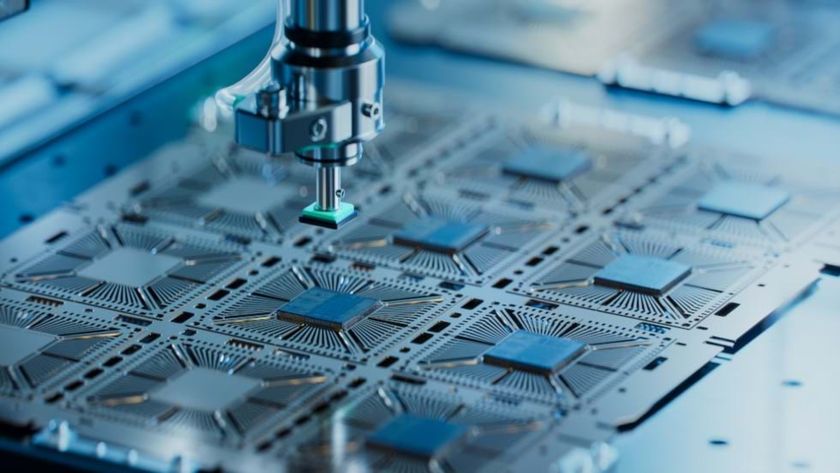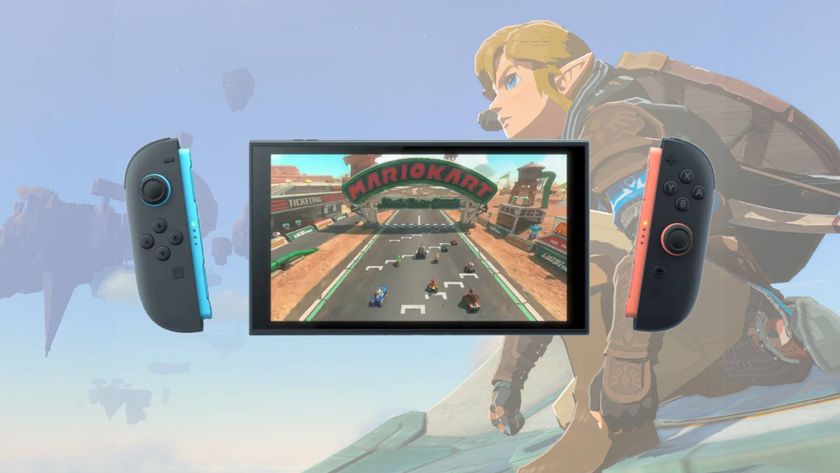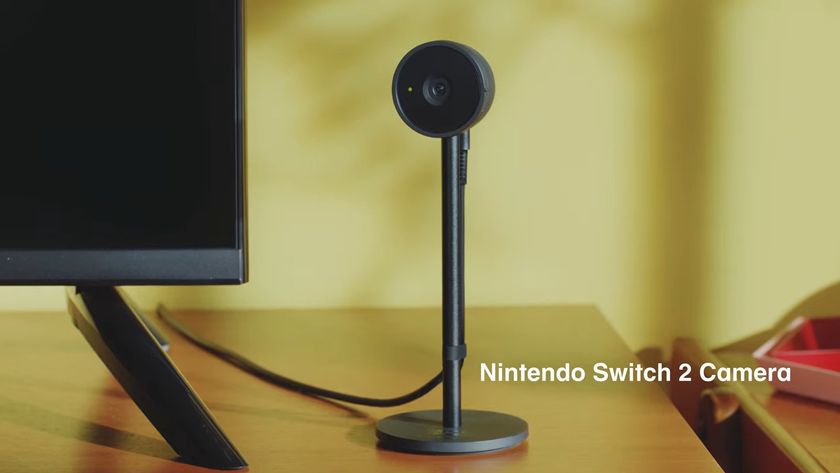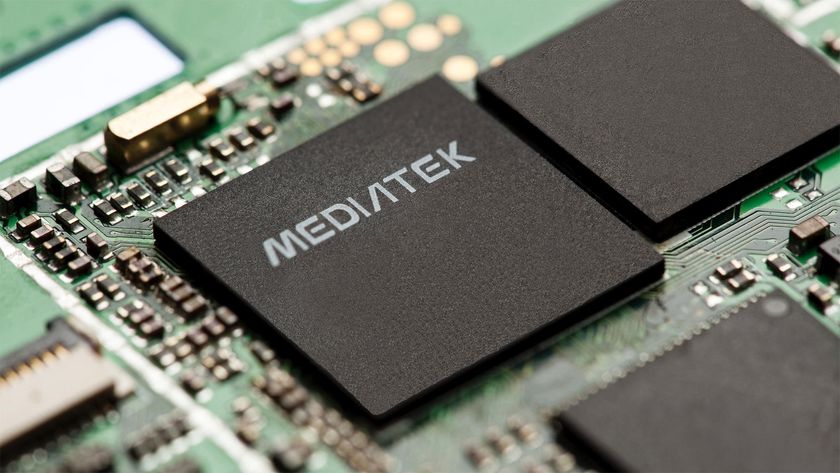Arm may be planning to hike prices, has considered developing its own chips
Arm’s Picasso project has turned out to be as muddled as an actual Picasso painting
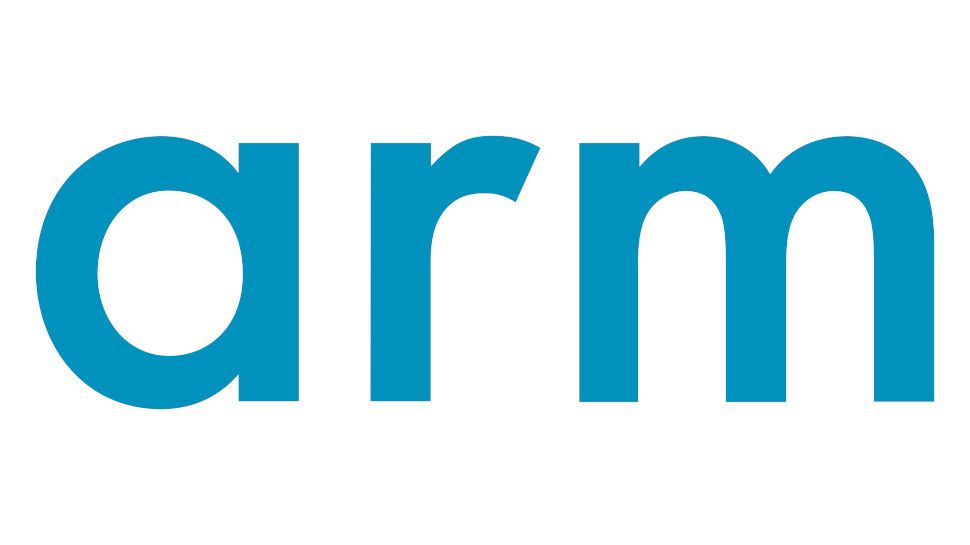
- Arm could be considering move to selling its own chips
- Details of proposed change revealed as part of Qualcomm’s court win over Arm
- Switch in strategy could prove incredibly lucrative for Arm
Update 01/16/25: This article has been updated with a correction to reflect that Qualcomm bought Nuvia, not Arm.
Original article follows.
Semiconductor technology supplier Arm, which almost certainly has its hardware somewhere in your business smartphone, is known for assisting companies to make their own mobile-suited processors, but that could soon change with a mooted shift into manufacturing its own chips.
A report from Reuters discusses Arm’s so called “Picasso” project; a bid to increase revenue by selling its own chips and competing with its own juggernaut customer base - including Qualcomm and Apple - that it normally sells ready-made Arm intellectual property to in order to assist with chip design.
Arm may also be planning to hike the royalty rates for those customers.
Arm v Qualcomm in brief
Details of the proposed strategy were revealed as part of Qualcomm’s court win over Arm in a royalty dispute brought and lost by the latter in December 2024.
This would nominally have included Qualcomm, but its purchase of the start-up Nuvia, in order to use the company's tech to produce its own chips and gradually break away from the prior agreement, led to Arm filing a complaint in US Federal Court in Delaware over a breach in licensing terms.
Are you a pro? Subscribe to our newsletter
Sign up to the TechRadar Pro newsletter to get all the top news, opinion, features and guidance your business needs to succeed!
In the end, however, a jury ruled that Qualcomm’s Nuvia-tech chips were properly licensed, and ruled the company could continue to sell them as part of its route into the personal computing and AI sectors.
Arm’s future plans to “hose” its customers
Filings in those proceedings, that Reuters claims are still under court seal, reveal that the ‘Picasso’ plan for Arm to sell its own chips (or indeed “chiplets”) came at the behest of Arm CEO Rene Haas, who, before he even took on that role, had generally described the company’s biggest customers as “hosed” in an internal Teams message sent in December 2021.
In fact, court evidence suggests Arm executives had been discussing 300% royalty rate increases for its customers using Armv9 - its latest computing architecture, as far back as 2019, in a bid to boost the company’s smartphone revenue by $1 billion USD over the course of a decade.
It’s ultimately unclear as to whether this rate increase will happen or stick at all; use of Arm’s computing architecture doesn’t necessarily require its ready-made component blueprints.
And, as Reuters points out, many of Arm’s biggest customers-turned competitors could survive without those blueprints and still design their own parts.
You might also like

Luke Hughes holds the role of Staff Writer at TechRadar Pro, producing news, features and deals content across topics ranging from computing to cloud services, cybersecurity, data privacy and business software.
You must confirm your public display name before commenting
Please logout and then login again, you will then be prompted to enter your display name.

